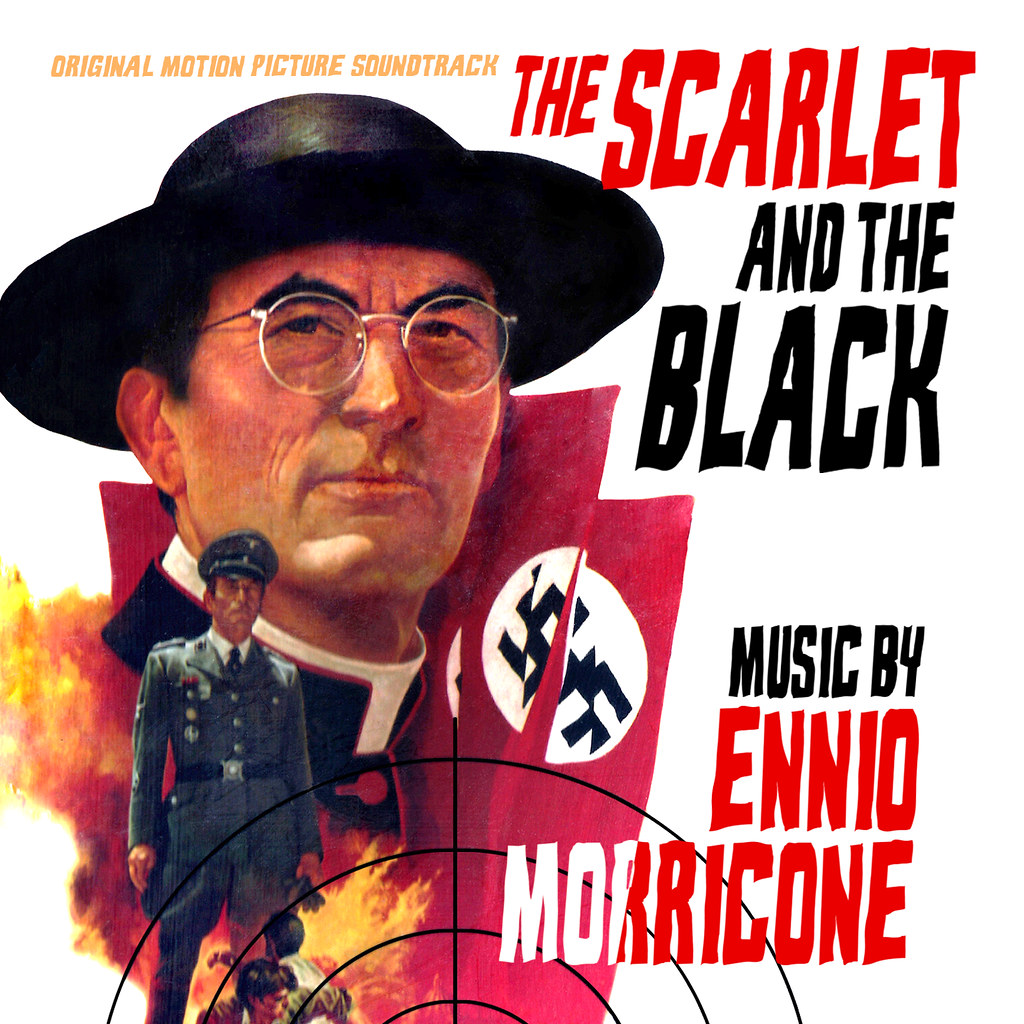Noah was released in 2014. It stars Russell Crow and is directed by Darren Aronofsky. It tells the biblical story of the great flood from Genesis.
This film sparked alot of controversy among christian viewers as it significantly altered the biblical narrative. I used to be something of a purist when it came to theatrical adaptions of books, plays, true historical narratives, and the like but, more recently, I have laxed this somewhat in this sentiment. In any case I think that its a mistake to lambast a film for biblical accuracy when it is so filled with truly christian values and in line with Catholic moral teaching. Noah is exactly that. Some have accused it of being a environmentalist propaganda piece. Though there are certainly environmental themes in the movie, I wouldn't say that it's overly extreme. Noah and his family are depicted as being vegetarians as dictated by the creator. Though many may not know this, it is actually in line with the biblical narrative which say's that man was not allowed to eat meat until after the flood (see Genesis 9:2). Another thing that's important to remember is that, though God gave the world to man to "fill ... and subdue" we ought to follow his example and be kind masters and stewards of the gift he has given us, as the catechism says "Man must therefore respect the particular goodness of every creature, to avoid any disordered use of things which would be in contempt of the Creator and would bring disastrous consequences for human beings and their environment." Noah reflects this teaching very well, as Noah's love and care for God's creation is contrasted with Tubal Cain's might-makes-right ideology. This comparison is also used to illustrate the film's themes about sin and violence among men.
One of the things that shocked viewers the most about the film was Noah's proposed killing of a newborn. This obviously does not happen in the biblical text. But those who things that this is somehow demeaning to the actual man would do well to remember that another, even more revered biblical figure almost did the same thing: Abraham. I can't help but feel that Noah's idea to kill Ila's child was inspired by the story of Abraham and Isaac. The difference being that God directly commended that sacrifice, while Noah is only doing what he perceives (falsely in this case) as being God's will for him. The reason he believes this is that the whole reason for the flood is to purify the earth of sin and man has been tainted by the sin of Adam. Noah believes, perhaps somewhat understandably that man is incapable of doing better and therefore must be destroyed. There is one particular moment where Noah looks up toward the cloudy sky asking God for an answer, but he receives none. In this I can't help but think of Job when he say's "Where then does wisdom come from? ... It is hidden from the eyes of every living thing" (Job 28:20-21) Like Job, and like Noah in the film, we too must discern God's will for us without direct contact with him. Ultimately Noah decides that God is loving and merciful, and wished to give the human race a second chance. And this is the film's main message.
Another controversial thing in the film is the presence of the Watchers, giant rock giants who were once angels but came to earth to assist fallen man in disobedience to the creators wishes. However these are actually based on the Nephilim as mentioned in Genesis 6:4. This portrayal may not be in line with traditional interpretations of them, however they add a very mythological feel to the film. Indeed the film sets up a really impressive bible-based mythology about creation, the fall, and the great flood. Filmed (partly) in Iceland, the landscape has simultaneously a really new, young look and a wasted, used up feel. It may seem sacrilegious to portray a biblical story in this kind of mythological way but I like to recall the words of C.S. Lewis, "I was by now too experienced in literary criticism to regard the Gospels as myths. They had not the mythical taste. And yet the very matter which they set down in their artless, historical fashion...was precisely the matter of the great myths. If ever a myth had become fact, had been incarnated, it would be just like this.... Here and here only in all time the myth must have become fact; the Word, flesh; God, Man. This is not “a religion,” nor “a philosophy.” It is the summing up and actuality of them all."
With that in mind I feel very comfortable saying that Noah may be both the best high fantasy since Peter Jackson's Lord of the Rings, and the best biblical epic since Mel Gibson's The Passion of the Christ.
Score: 9/10





